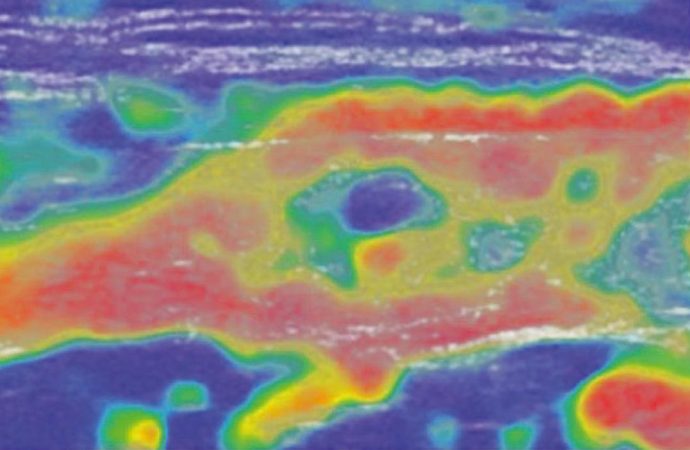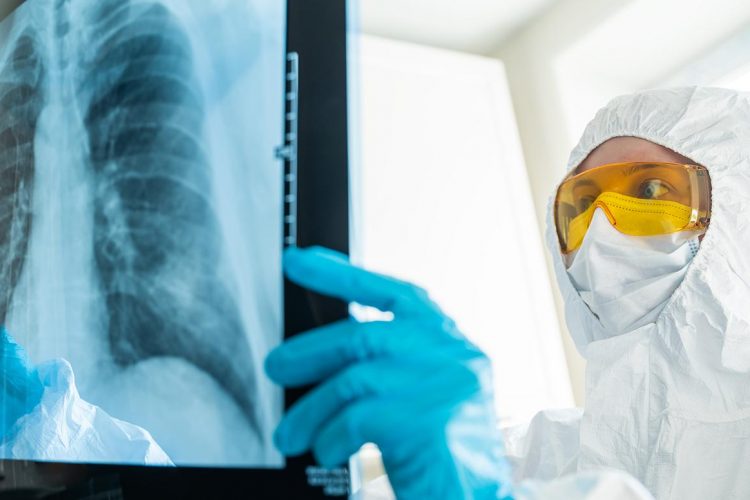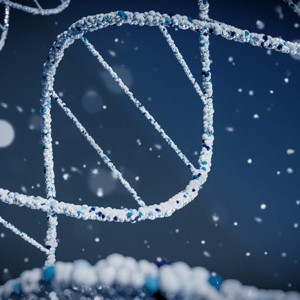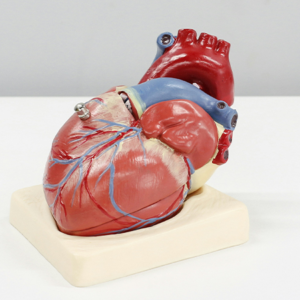Thyroid nodules are very common and 5 to 15 percent of thyroid nodules are cancerous. In order to determine whether a thyroid nodule is benign or malignant, physicians perform a biopsy of the nodule. However, in up to 40 percent of cases, this biopsy is indeterminate, meaning the pathologist cannot differentiate between benign and malignant cells. Patients are then referred for surgical excision of these nodules in order to obtain the correct pathological diagnosis. But 70 percent of patients undergoing thyroid surgery for diagnostic purposes have a benign nodule on final diagnosis, meaning surgery was unnecessary.
This project will develop machine learning software to define imaging features of benign, malignant, and indeterminate thyroid lesions on ultrasound and relate these findings with current molecular testing. This new computer-assisted diagnosis approach aims to accurately differentiate whether an indeterminate thyroid nodule is benign or malignant, thus potentially avoiding unnecessary surgery in thousands of patients every year in the US. It will foster collaborations between diagnostic and therapeutic thyroid specialists and machine learning experts to study one of the important diagnostic challenges in modern medicine.




